How to Manage Social Anxiety and Build Confidence
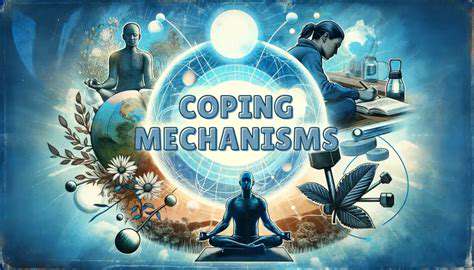
Identifying Triggers
Understanding what situations, emotions, or thoughts trigger your stress response is crucial for developing effective coping mechanisms. Identifying these triggers allows you to anticipate potential stressors and prepare for them in advance. By recognizing the patterns, you can better manage your reactions and prevent overwhelming feelings.
Often, triggers are deeply personal and rooted in past experiences. Recognizing these triggers is a critical first step in managing stress and building resilience. It's important to remember that acknowledging triggers doesn't mean you're powerless; it's about gaining awareness and control over your responses.
Practicing Mindfulness
Mindfulness techniques, such as meditation and deep breathing exercises, can help you become more aware of your thoughts and emotions without judgment. This awareness is key to managing stress by allowing you to observe your feelings rather than being consumed by them.
Seeking Support Systems
Building a strong support system is vital for managing stress. Talking to trusted friends, family members, or a therapist can provide valuable emotional support and practical advice. Sharing your struggles can lighten the load and offer fresh perspectives, leading to more effective coping strategies.
Confiding in others can also provide a sense of belonging and validation, which are essential components of mental well-being. A strong support network can be a crucial buffer against stress and promote emotional resilience.
Developing Healthy Habits
Incorporating healthy habits, such as regular exercise, a balanced diet, and sufficient sleep, can significantly impact your ability to cope with stress. Regular physical activity releases endorphins, which have mood-boosting effects. A nutritious diet provides the necessary energy and nutrients to support your body's ability to handle stress.
Prioritizing sleep is crucial for both physical and mental health. Adequate rest allows your body and mind to recover from the day's stressors, making you better equipped to handle future challenges.
Utilizing Relaxation Techniques
Employing relaxation techniques, like progressive muscle relaxation or guided imagery, can help calm your nervous system and reduce feelings of anxiety. These techniques can be easily integrated into your daily routine and provide a powerful tool for managing stress.
Journaling for Self-Reflection
Regular journaling can be a powerful tool for self-reflection and stress management. Putting your thoughts and feelings into writing can help you process emotions and gain a clearer perspective on situations. Writing down your feelings can help you identify patterns and triggers. Journaling allows you to explore your thoughts and emotions in a safe and private space.
Problem-Solving Skills
Developing effective problem-solving skills is essential for navigating stressful situations. Breaking down large problems into smaller, manageable tasks can make them less overwhelming and increase the likelihood of successful resolution. Understanding the root cause of problems empowers you to address them directly, leading to greater control over your circumstances.
By actively working through problems, you develop a sense of mastery and control over your life, which is crucial for building resilience against stress.
Overcoming Avoidance and Gradual Exposure
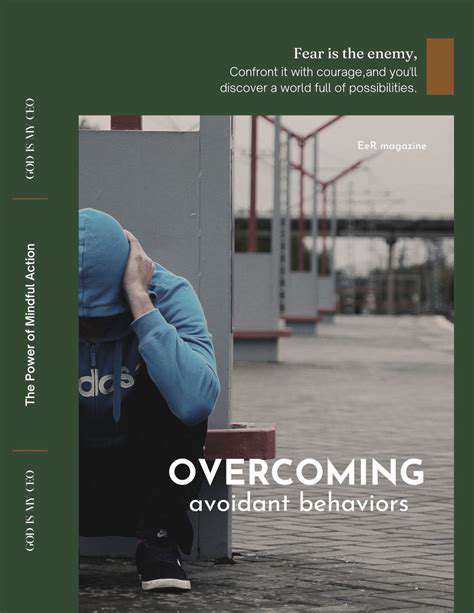
Understanding Avoidance
Avoidance, in the context of personal growth and well-being, often manifests as a subconscious coping mechanism. It's a way to temporarily escape difficult emotions or situations, but it rarely provides lasting solutions. Understanding the underlying reasons for avoidance is crucial to overcoming it effectively. This often involves recognizing the fear, anxiety, or past experiences that are fueling the avoidance behavior. Identifying these triggers is the first step towards a more constructive approach.
Recognizing Patterns
Identifying avoidance patterns is essential for successful change. Taking note of situations, thoughts, or feelings that precede avoidance behavior can reveal a recurring theme. Careful self-reflection and journaling can be powerful tools in this process, helping to uncover the common threads that connect these experiences. By recognizing the patterns, you can begin to anticipate and address the triggers more proactively.
Developing a Gradual Approach
A gradual approach to overcoming avoidance is often more sustainable than a sudden, drastic shift. Focusing on incremental steps, rather than aiming for complete elimination immediately, is a key element in maintaining progress and preventing relapse. This allows for a more manageable and less overwhelming experience, promoting long-term success.
Setting Realistic Goals
Setting achievable goals is critical in any personal development journey. When confronting avoidance, it's important to set realistic goals that are within reach. Overly ambitious goals can lead to frustration and discouragement, potentially hindering progress. Small, incremental steps toward the desired outcome are more likely to lead to sustained motivation and a sense of accomplishment. This gradual progress builds confidence and reinforces the idea that change is achievable.
Strategies for Managing Anxiety
Anxiety often accompanies avoidance, and managing it effectively is crucial for breaking free from avoidance patterns. Practicing mindfulness and relaxation techniques, such as deep breathing exercises or meditation, can help to manage anxiety levels and create a more calm and focused state of mind. These techniques can help to reduce the emotional intensity that often triggers avoidance behaviors. Finding healthy coping mechanisms for managing anxiety is a key component in the process of overcoming avoidance.
Seeking Support and Resources
Seeking support from trusted individuals, such as friends, family, or therapists, can significantly aid in the process of overcoming avoidance. Connecting with others who understand the challenges of avoidance can provide valuable encouragement and perspective. Leveraging available resources, such as support groups or online communities, can provide additional avenues for support and learning. This network of support can be instrumental in building resilience and maintaining motivation throughout the journey.
Read more about How to Manage Social Anxiety and Build Confidence
Hot Recommendations
-
*Guide to Managing Gout Through Diet
-
*Best Habits for Financial Well being
-
*How to Build a Routine for Better Mental Health
-
*How to Eat Healthy on a Budget [Tips & Meal Ideas]
-
*Guide to Practicing Self Acceptance
-
*How to Incorporate More Movement Into Your Day
-
*Guide to Managing Chronic Pain Naturally
-
*Guide to Building a Reading Habit for Well being
-
*Top 5 Weight Loss Supplements That Actually Work
-
*Best Exercises for Postpartum Recovery [Beyond Abdominal Work]

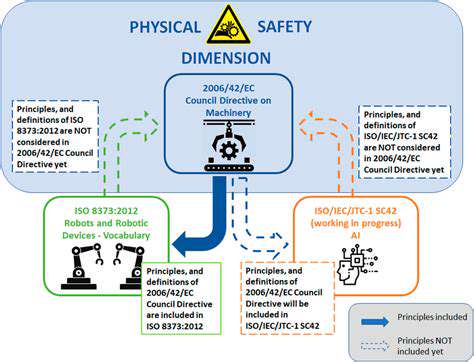


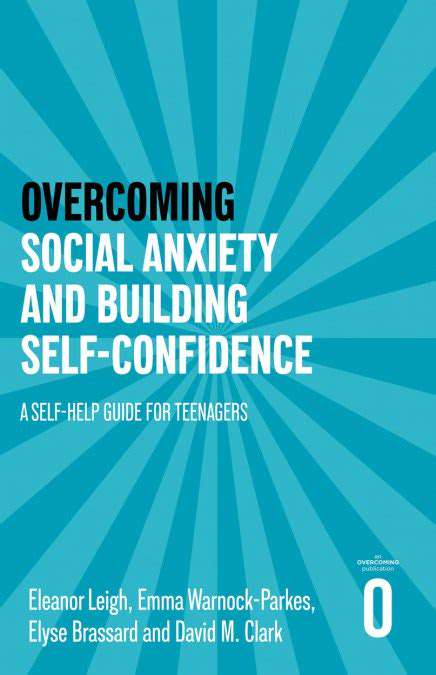
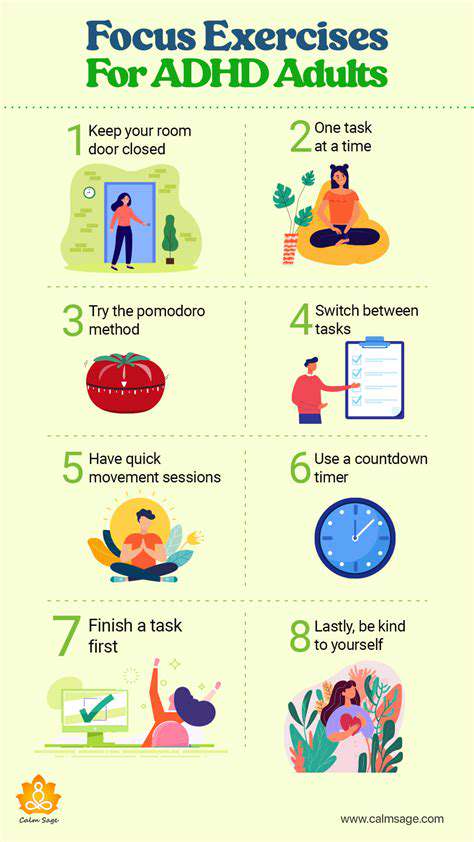
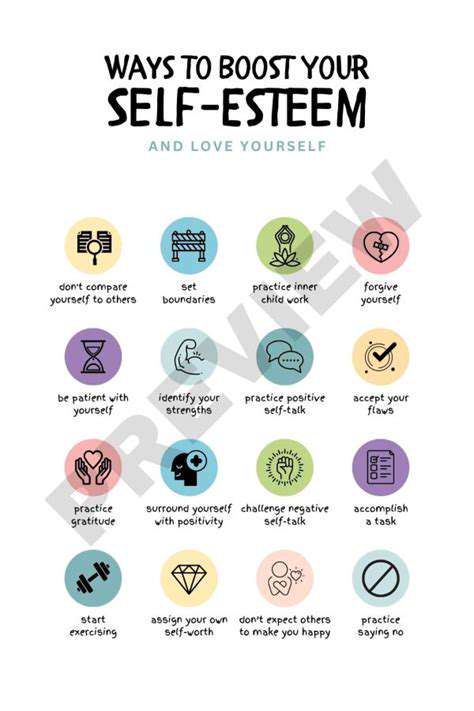
![Best Meditation Apps for Beginners [2025 Review]](/static/images/26/2025-05/Top3MeditationAppsforBeginnersin2025.jpg)


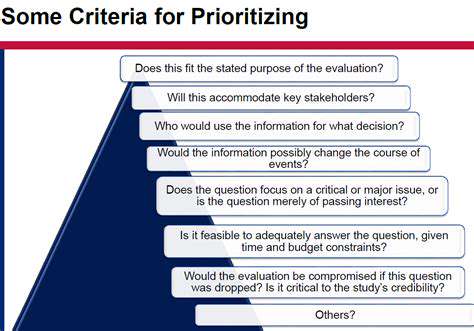
![HIIT Workout for Fat Loss [20 Minute Routine]](/static/images/26/2025-05/Exercises28Example293A.jpg)